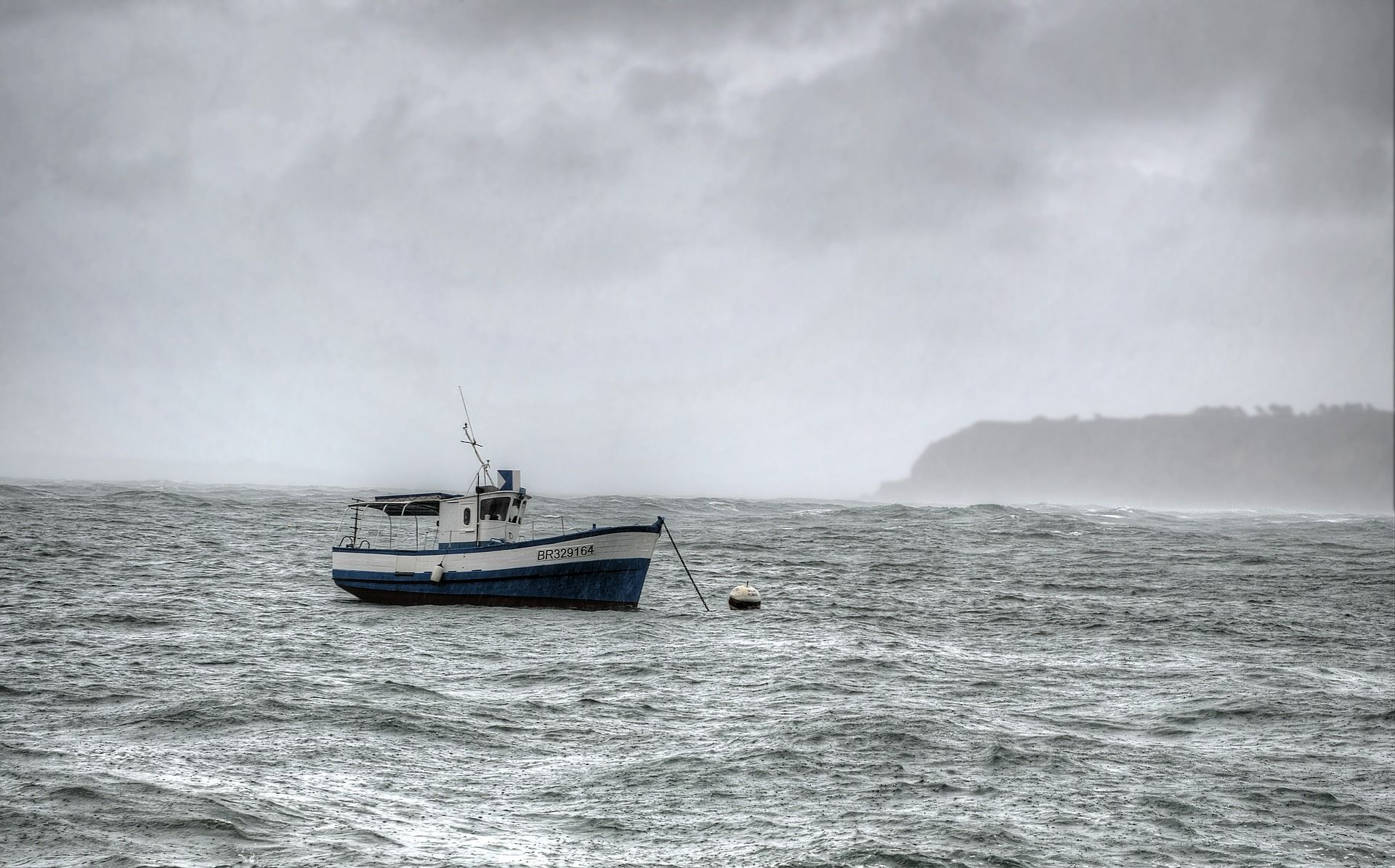Caribbean Countries to Benefit from Access to Insurance for the Fisheries Sector
CCRIF Media Release
CCRIF SPC and the World Bank are pleased to announce that on July 1, the Facility issued the Caribbean Oceans and Aquaculture Sustainability FaciliTy (COAST) fisheries parametric insurance policy to two of its member governments – Grenada and Saint Lucia. The COAST insurance policies provide coverage for fisherfolk and other players in the fisheries industry to enable them to recover quickly after weather-related events. Initial funding for COAST has been provided by the U.S. State Department.
The COAST insurance product is another in a list of innovative parametric insurance products that are provided by CCRIF to Caribbean and Central American governments. Since its inception in 2007, CCRIF has been providing insurance for tropical cyclones and earthquakes, and in 2013, based on demand from its members, the Facility provided coverage against excess rainfall events. The addition of the fisheries product reinforces CCRIF’s commitment to meeting the needs of the region. Both Saint Lucia and Grenada recently renewed their tropical cyclone, earthquake and excess rainfall policies for 2019/20.
While it is governments that purchase COAST policies, this parametric insurance product is unique – it incorporates a livelihood protection component (akin to microinsurance) and a tropical cyclone component (sovereign insurance). The COAST product provides coverage for losses caused by “bad weather” on fisherfolk and for direct damages caused by tropical cyclones (wind and storm surge) to fishing vessels, fishing equipment and fishing infrastructure. In this case, “bad weather” is defined as occurrence of high waves and heavy rainfall throughout the policy year.
The Caribbean is the first region globally to develop and implement parametric climate risk insurance for the fisheries sector. For the first time, vulnerable fishing communities will have access to insurance developed specifically for their needs, protecting their livelihoods and playing a key role in closing the protection gap.
Like CCRIF’s other parametric insurance products, COAST insurance also is parametric, whereby payouts are made based on a pre-defined level of wave height, rainfall, wind or storm surge and their impact. Therefore, payouts can be made quickly – within 14 days of the event to honour one of CCRIF’s core principles. If a country’s policy is triggered, the funds will be provided by CCRIF to the Ministry of Finance, followed by a rapid transfer to the fisherfolk and other affected parties throughout the country’s fishing industry. To facilitate timely transfer of funds, the list of beneficiaries is defined at the time of policy inception by the government and is designed to include beneficiaries from the fisheries value chain, including fishers, crew members, captains, boat owners, fish vendors and processors, etc.
Through identification of the beneficiaries and predefined procedures for payout transfers, COAST will allow for tracking the flow of funds down to the level of the beneficiaries, with a financial management and auditing system in place. These detailed data will support beneficiary analyses in the region. For example, CCRIF recently estimated that over 2.5 million persons in the region have benefitted from 38 payouts totalling US$139 million to 13 of its 21 member countries since 2007.
COAST has been developed with the support of the U.S. State Department, and has been led by the World Bank and CCRIF. In addition, the Caribbean Regional Fisheries Mechanism (CRFM) has played an essential role, as benefitting countries must be implementing the Caribbean Community Common Fisheries Policy (CCCFP). This linkage signals the beginning of a new partnership between CCRIF and CRFM, which signed an MOU in April to focus on the implementation of the COAST initiative and promotion of climate-resilient and sustainable fishing, fish farming and resource management practices in the region.
Indeed, the COAST insurance product for the fisheries sector is an innovative climate risk insurance mechanism and will be an essential tool to help address the impacts of natural hazards on food security and livelihoods of those working in the fisheries sector. The World Bank has played a major role in the development of this product to ensure that it promotes resilience in the fisheries sector and contributes to the sustainable management of the ecosystems that support the sector by incentivizing policy reforms for the uptake of climate-smart fisheries practices and increasing coastal resilience. This will help to build a stronger foundation for advancing the blue economy, while supporting the livelihoods of those who depend on the valuable marine resource.
The project partners congratulate the Governments of Grenada and Saint Lucia on their pioneering role in using this ground-breaking insurance product to protect stakeholders in an industry that is an important contributor to food security and GDP. CCRIF plans to roll out the COAST product to other countries that may be interested.
